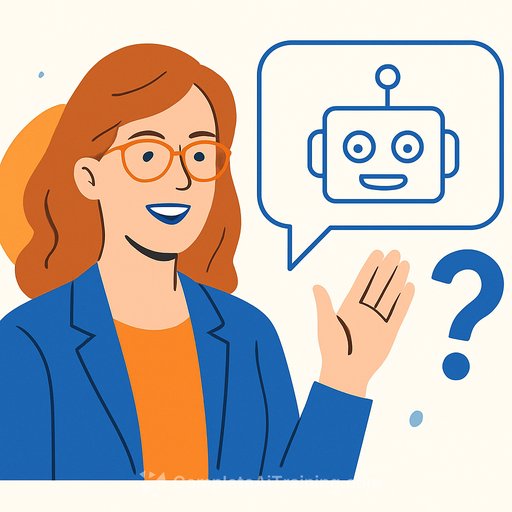Polished Emails and Trust in the Workplace
Polished emails can look impressive, but when managers rely too much on AI tools, employees often perceive the messages as insincere. Research shows that trust suffers, even if the writing appears professional.
AI tools like ChatGPT and Gemini help professionals craft smoother, more polished emails. However, a survey of over 1,100 workers reveals a downside: while AI assistance enhances the professionalism of managers’ messages, excessive use damages trust. Employees generally accept light editing help, but when AI shapes the tone or writes entire messages, managers risk coming across as lazy, insincere, or less competent.
AI in the Workplace: From Novelty to Norm
Over 75% of professionals now use AI daily—tools like ChatGPT, Gemini, Copilot, or Claude are common for drafting and refining emails. These tools simplify writing, but do they improve communication between managers and employees? A recent survey highlights a key contradiction: AI can make emails look polished, but frequent use reduces employees’ trust in their supervisors.
One study author points out a clear tension: despite positive views of AI-assisted writing quality, managers who rely heavily on AI for routine communications risk damaging their trustworthiness.
Perceptions of AI Use in Emails
The study asked professionals to evaluate emails supposedly written with different AI-assistance levels—low, medium, and high. Participants assessed both the content and their impression of the sender, focusing on congratulatory messages.
The Perception Gap Between Managers and Employees
While AI-assisted writing was seen as efficient and professional, a “perception gap” emerged between messages from managers versus those from employees. People tend to rate their own AI use fairly evenly across levels of assistance, but judge others—especially supervisors—more critically as AI use increases.
The Tipping Point for Negative Perceptions
Low levels of AI help, such as grammar checks or minor edits, are generally acceptable. However, medium to high levels of AI involvement trigger negative reactions. Employees question the authenticity, integrity, and competence of managers who rely heavily on AI.
- Only 40% to 52% of employees found supervisors sincere when high AI assistance was used, compared to 83% with low assistance.
- Professionalism ratings dropped from 95% with low AI use to 69-73% when AI was heavily relied upon.
When AI Feels Like Laziness
Employees often detect AI-generated content and see its use as a sign of laziness or lack of care. When managers depend too much on AI for messages like team congratulations or motivation, they come across as less sincere, raising doubts about their leadership.
Heavy AI use can harm perceptions of a manager’s ability and integrity—both essential for trust in leadership.
Choosing the Right Messages for AI Assistance
Managers should carefully choose when and how much AI to use in their writing. AI works well for routine, informational messages like meeting reminders or announcements. But relationship-driven communications—such as praise, congratulations, motivation, or personal feedback—require a personal touch and minimal AI involvement.
For professionals interested in improving their skills with AI writing tools, exploring targeted training can be valuable. Resources like Complete AI Training’s latest AI courses offer practical guidance on using AI responsibly in workplace communication.
Reference: “Professionalism and Trustworthiness in AI-Assisted Workplace Writing: The Benefits and Drawbacks of Writing With AI,” International Journal of Business Communication, 2025.
Your membership also unlocks:






